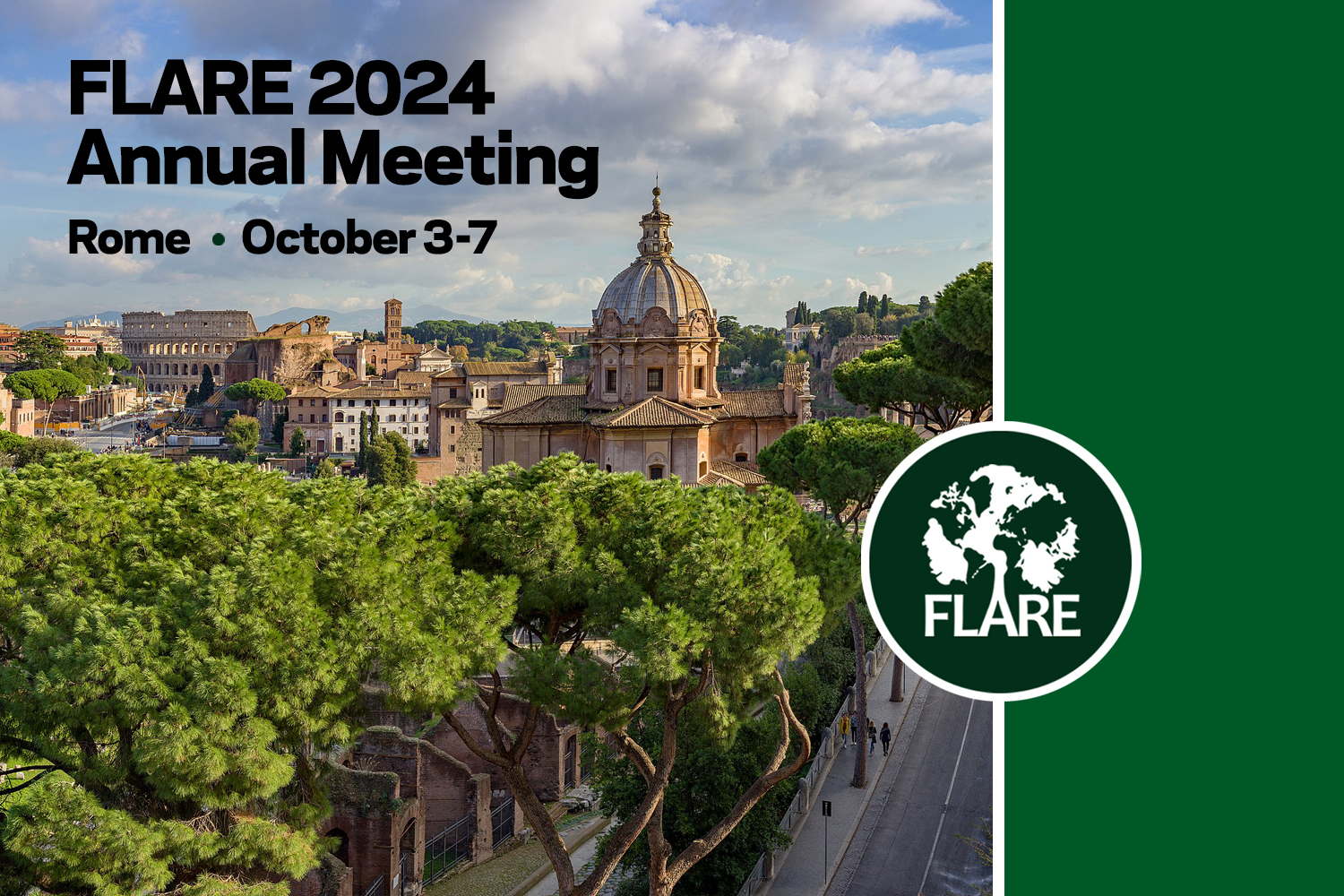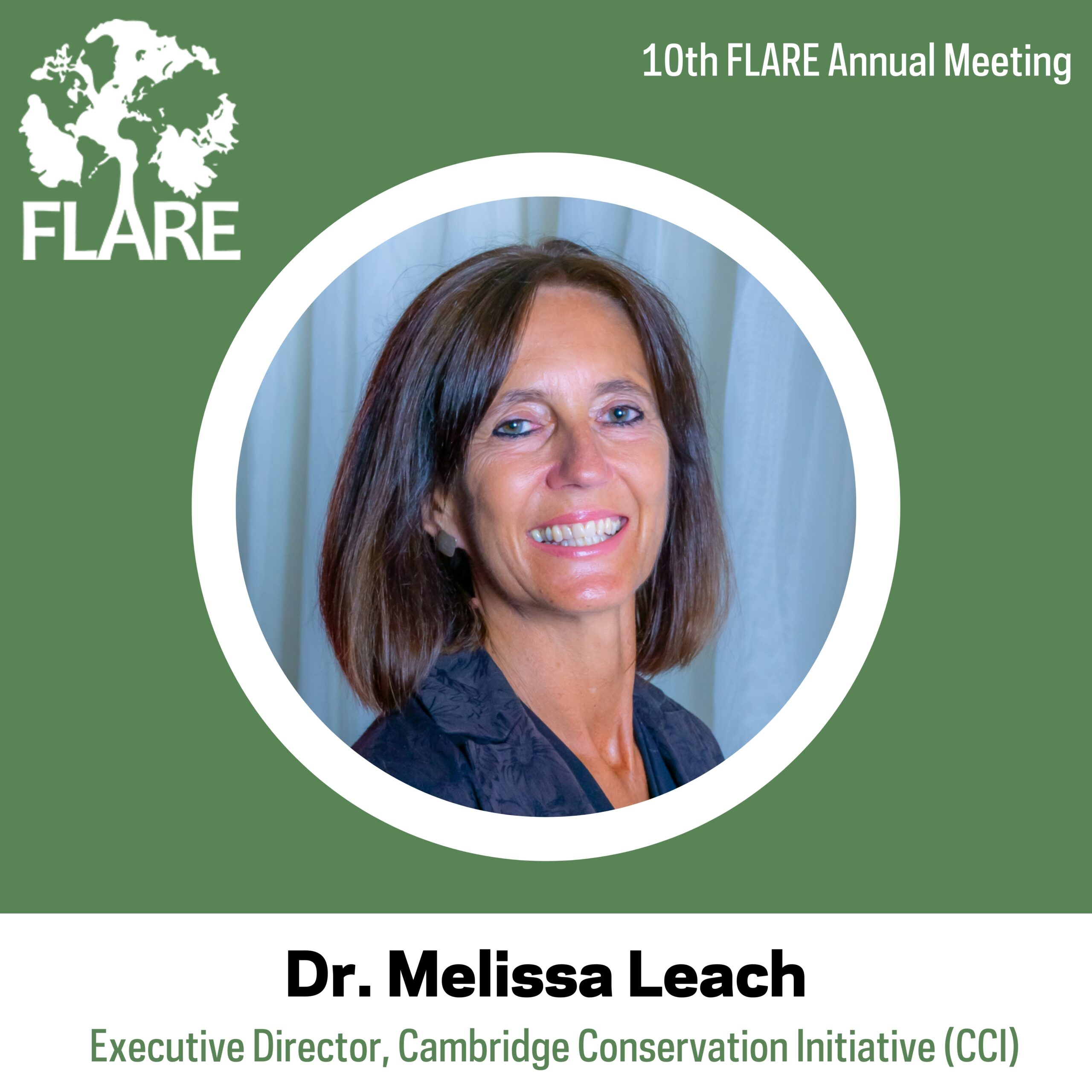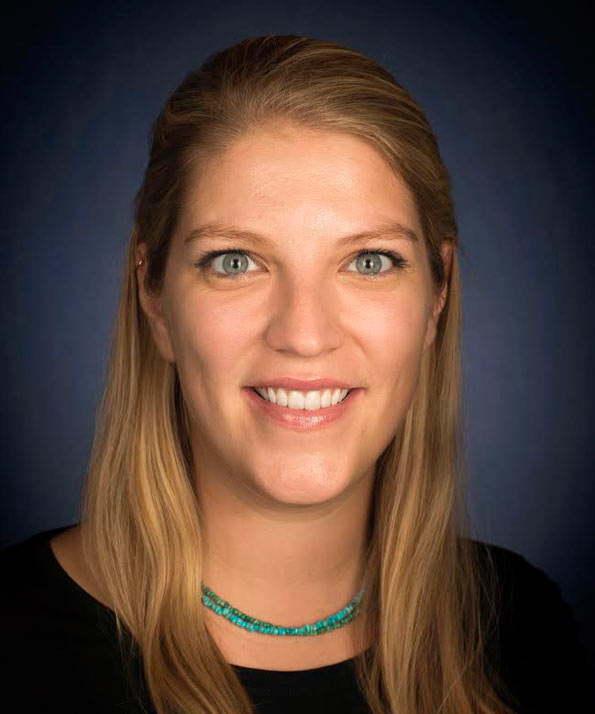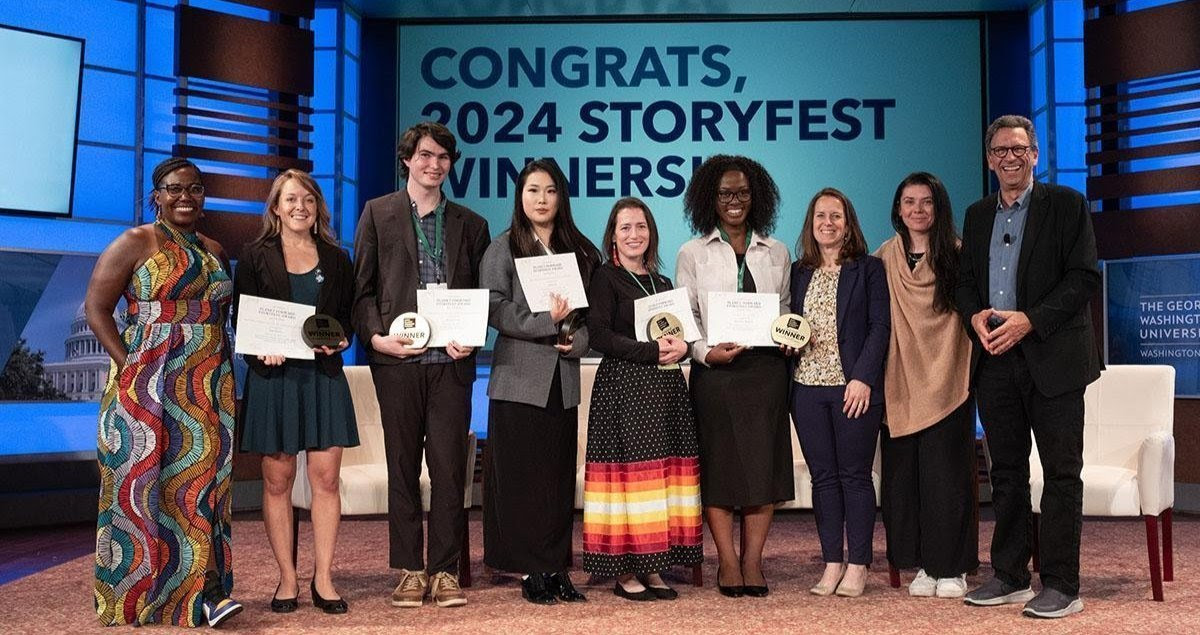The FLARE Flyer
Vol. 1, Issue 2
May 16, 2024

Photo by Wolfgang Moroder, licensed under Creative Commons CC-BY 2.5.
Preparations for the 2024 FLARE Annual Meeting in October are well under way! We are thrilled to gather again at the Auditorium Antonianum and the University of Notre Dame Rome Global Gateway to celebrate FLARE’s 10th Anniversary. We felt the enthusiasm with more than 320 abstracts submitted and we anticipate an exciting mix of early career researchers, practitioners, policymakers and senior researchers. Abstract notifications have been sent via Oxford Abstracts, so if you did not receive an email, please contact flare@nd.edu.
Early bird registration for the Annual Meeting opened May 1 and will run through June 1, 2024. Register now to confirm your spot! You can register here.
If you need a letter to process your visa application, you can request it through the registration process, or contact FLARE directly at flare@nd.edu.
Professor Melissa Leach to provide Keynote |

Well-known scholar and policy leader Professor Melissa Leach will give a keynote address at the 2024 FLARE Annual Meeting. She will share her research and reflections from her new position as Executive Director of the Cambridge Conservation Initiative (CCI), a role she begins after a decade as Director of the Institute of Development Studies (IDS). Professor Leach is recognized globally as an interdisciplinary, engaged research champion and has led international, policy-engaged programs and consortia across the fields of environment and sustainability, food systems, health, and social and gender equity. Her work has brought new understandings of the interplay of peoples lived experiences and local knowledge with power, particularly in West Africa, but also through collaborations across Africa, South Asia, China and beyond. We are thrilled for this opportunity to hear from and engage with Professor Leach.
Stay tuned for more announcements on Keynote speakers, plenary events and innovative sessions at FLARE 2024.
FLARE Secretariat Updates |
An Evaluation of FLARE at 10 |

The FLARE Network was founded in 2015 to advance knowledge at the intersection of forests and livelihoods across the globe through research and facilitate its application to policy and practice. Our work focuses on developing individual capabilities and connecting professionals related to forests and livelihoods worldwide, promoting new collaborations, knowledge, and innovation. What impact has FLARE had over these last 10 years? We seek to answer this question through a multi-faceted evaluation that centers on learning from you! We will soon invite all members who have attended at least one Annual Meeting to respond to a short online survey to help us understand the impacts of FLARE activities on research, policy, and member professional development.
In addition to helping FLARE better understand its impact and improve future programming, those who complete the survey will be eligible for a raffle to win a free registration pass to this year's Annual Meeting in Rome, where we will share our findings.
FLARE-Supported Special Issues Special Issues (SIs) of peer-reviewed journals represent one the key ways FLARE seeks to advance research and debate about contemporary forest and livelihoods issues around the world. At their best, SIs are more than just a collection of papers – they amplify discussion and evidence on key topics and catalyze new thinking, methods, and action. FLARE is pleased to be supporting multiple special issues and we invite your contributions. We are always interested in ideas for future SIs as well. Current Trends in Forest Livelihoods Research FLARE has agreed with the journal Forest Policy and Economics to produce an annual Special Issue series on “Current Trends in Forest Livelihoods Research.” The first of this series, edited by Ida Djenontin, Anne Larson, and Daniel Miller with several papers from the 2022 FLARE Annual Meeting in Rome, is online here. The second issue is now in progress and you're invited to submit papers presented at the 2023 FLARE Annual Meeting in Nairobi or other relevant work. Find more information here. The deadline for submission is September 30, 2024.
Forests sustaining agriculture: the contribution of tree-based ecosystem services to food production in multi-functional landscapes This collection, to be published in Landscape Ecology, aims to strengthen the evidence base related to the forest-food nexus and reveal the multitude of pathways by which forests can support food systems through improved agricultural yields and performance. It aims to bring together papers that are multidisciplinary from various fields including landscape ecology, soil sciences, conservation, agronomy, and international forestry. In addition, there is interest to see studies from different types of forest-food systems including silvopastoral, agroforestry, forest plantations, forest-adjacent food production systems, as well as the contributions of trees and forests within the landscape to spatially distinct food production systems. Students and Early Career Researchers are especially encouraged to submit their research. This SI is a product of the FLARE Working Group on Forests Sustaining Agriculture, led by Terry Sunderland (terry.sunderland@ubc.ca). Find more information here. The deadline for submission is May 31, 2024.
Taking stock of work and employment research in the forest sector This Forest Policy and Economics collection aims to assemble a wide spectrum of high-quality research covering topics related to work and employment in the forest sector. Papers published in this issue will contribute to a deeper understanding of the current status of forest-related employment and how it is developed across economies and regions. In addition, taking stock of relevant studies from various geographic and levels of analyses offers a lens for identifying knowledge gaps and future trends in this field of research. This SI is a product of the FLARE Working Group on The Future of Forest Work and Communities. Please contact for Rattiya Lippe for further information on the SI (rattiya.lippe@thuenen.de). Find more information here. The deadline for submission is November 30, 2024. Livelihoods and Forest Commons FLARE plans to support a Special Issue of the International Journal of the Commons on livelihoods and forest commons, with the specific focus to be determined based on research and discussions at this year’s FLARE meeting. The overarching theme as well as several sub-themes are directly relevant to forest commons and we will be looking for ideas to shape this special issue. Please share your suggestions with us by email (flare@nd.edu) or in Rome. |
|
|

In this issue, we highlight Dr. Jennifer Zavaleta Cheek’s work on qualitative attribution methods for causal inference. She led a research paper on qualitative methods for measuring impacts that was published in Conservation Biology and featured in a lively webinar for the Impact Evaluation Working Group of the Society of Conservation Biology. This work provides a guide to five qualitative attribution methods that provide insights on how and under what conditions interventions improve biodiversity outcomes. These methods can be used on their own or to complement findings from experimental and quasi-experimental methods. Researchers and practitioners alike can benefit from this guide, as the authors thoroughly explain and illustrate the methods’ application through a case study, aiming to increase the understanding of why an intervention works (or not), the mechanisms in place, and the influencing contextual factors.
Jennifer is a longstanding FLARE member, having done her PhD at the University of Michigan in the School for Environment and Sustainability (SEAS) with FLARE founder Arun Agrawal, followed by a postdoctoral position with current FLARE coordinator Daniel Miller. She is now an Assistant Professor at South Dakota State University. Learn more about her here.

A "FLARE" for storytelling: Congratulations to Beverly Ndifoin (pictured fourth from right) on a job well done! Credit: Planet Forward
Opportunities
Conferences
National Sustainability Society - Seattle, Washington, September 9-12, 2024
This first national conference will showcase work that advances sustainability innovation, closes the implementation gap, and supports workforce development at all levels. The NSS brings together academics, students, and practitioners within the field of sustainability to build consensus on the key principles, competencies, capacities, frameworks, and substance of sustainability as both a scholarly realm and as a rapidly expanding field of practice across the private, public, and nonprofit sectors.
Registration opens on May 23rd
Grants Scaling up locally led restoration: Reversing Environmental Degradation in Africa and Asia (REDAA) Program REDAA invites proposals for locally led, multi-locational, research-to-action for restoration programmes in sub-Saharan Africa, South Asia and Southeast Asia. In this second REDAA Grant Call, up to nine Programme Grants of between £1,000,000 and £1,500,000 (GBP) will be offered to the best proposals for substantial programmes. Concept notes due June 30, 2024 Graduate Programs
The Keough School of Global Affairs at the University of Notre Dame is launching a new PhD program in Sustainable Development, starting Fall 2025. News about the program can be found here. The application deadline will be in December 2024.
More detailed information on the program and how to apply will be available in the coming months. Job Opportunities Research Fellow in Conservation Science - Human and Social Sciences The Durrell Institute of Conservation and Ecology (DICE) at the University of Kent seeks to appoint ambitious and highly motivated Research Fellows in Conservation Science to join an exciting new 5-year research programme focusing on area-based conservation. The researcher will play a key role in the new E3 ‘Sharing Space for Nature’ initiative by developing and publishing state-of-the-art research, in collaboration with DICE colleagues, project partners, and postgraduate students; ensure the success of the different online and in-person research and outreach events linked to the E3 initiative; and build the E3 network and develop new opportunities and partnerships. Find more information here. Applications close on May 24, 2024. Summer Research Assistant in Environmental Social Sciences Are you interested in the evaluation of development programs? Do you want to learn more about Randomized Control Trials? Are you passionate about learning what is the evidence for sustainable development interventions in low and middle-income countries? Looking for ideas for your dissertation project? This project, based in the Pulte Institute for Global Development at the University of Notre Dame, seeks to improve our understanding of the link between poverty alleviation and environmental sustainability. This project is looking for a research assistant to support a meta-analysis project over the 2024 summer. Required competencies are proficiency in Microsoft Office, with desired experience as a research assistant, knowledge in meta-analysis, and proficiency in Spanish or Portuguese. Commitment of 25 hours per week required. Payment is commensurate with experience ($20/hour minimum). Send your CV and expression of interest to Professor Krister Andersson (kanderss@nd.edu) or Adriana Molina-Garzon (amolina@iu.edu).
Farmer Extensionist – ECSAP Project The CIFOR-ICRAF is looking for a Farming extensionist in Indonesia. The objective of the ECSAP program is to enhance the economic and environmental resilience of smallholder farmers in Kapuas Hulu district by enhancing the technical and planning capacity of a cadre of 100 agricultural extension agents and model farmers (collectively rural advisors), with an intended minimum of 40% of whom will be women, to train farmers and facilitate the adoption and adaptation of climate-smart agriculture (CSA) technologies and practices by farmers. The ECSAP Farmer Extensionist will support the implementation of project activities, specifically: development of CSA capacity building strategy, community visits, implementation of technical training on CSA and priority commodity crops, implementation of extension refresher events, design and implementation of demonstration trials and nurseries, development and testing of digital extension platform, and development and testing of training and extension materials. The ECSAP Farmer extensionist will also conduct follow-up regarding implementation of follow-up activities and support consultation with rural advisors (extension agents and model farmers GRASS team, and other partners; field liaison between ECSAP Bogor team and GRASS team and relevant stakeholders; and maintenance of clear communications between Bogor and the field. Find more information here. Applications close on May 27, 2024. Researcher on Environmental Governance and Global Development The Wyss Academy for Nature at the University of Bern is looking for a researcher to translate research into tangible interventions aimed at addressing real-world challenges. This exciting opportunity open is open to doctoral or postdoctoral researchers with expertise in in political science or related disciplines and a background in environmental and sustainability governance, international relations, development studies, comparative politics and/or policy studies with a multi-level perspective and interest in identifying barriers and drivers of governance innovations in the climate, biodiversity and other related policy domains. It is an exciting opportunity that bridges the gap between theory and practice, ultimately making meaningful contributions to the field. This is a 3/4-year position with possibility of extension. Find more information here. Applications close on May 31, 2024. Postdoctoral Research Fellow - Coastal Mangrove (The University of British Columbia) Coastal Mangroves in Eastern and Western Africa offer coastal communities much-needed ecosystem services and protection against key climate change risks, including risks to low-lying coastal-ecological systems, risks to terrestrial and ocean ecosystems, and as a result, risks to food security. Coastal communities are particularly vulnerable to climate change impacts because of (1) their location being highly exposed to sea level rise and erosion, (2) poor socio-economic conditions, and (3) their high dependence on mangrove ecosystems. Coastal Mangroves, however, are highly threatened both by anthropogenic and climate change pressures. Find more information here. Applications close on May 31, 2024 |
|
|
|
|
|
Call for Content: Fall 2024 - FLARE FLYER
Do you have a job opportunity you would like to promote? Would you like to promote your organization to the FLARE network? The FLARE Secretariat is looking for items to highlight amongst our global, diverse network for the Fall edition of the “FLARE Flyer,” due out in September. Send any suggestions to flare@nd.edu. |
Follow FLARE on LinkedIn | Twitter | YouTube





